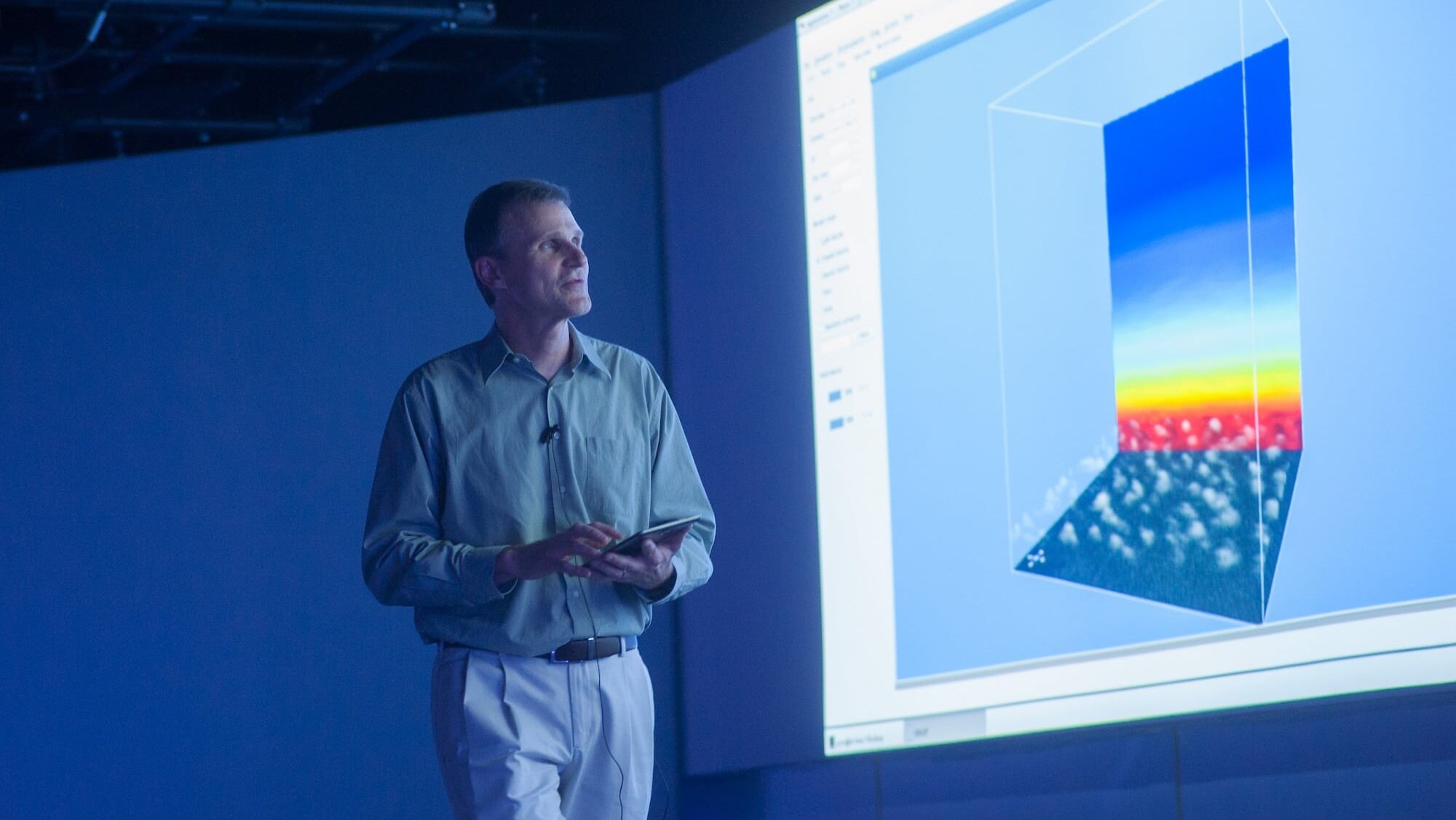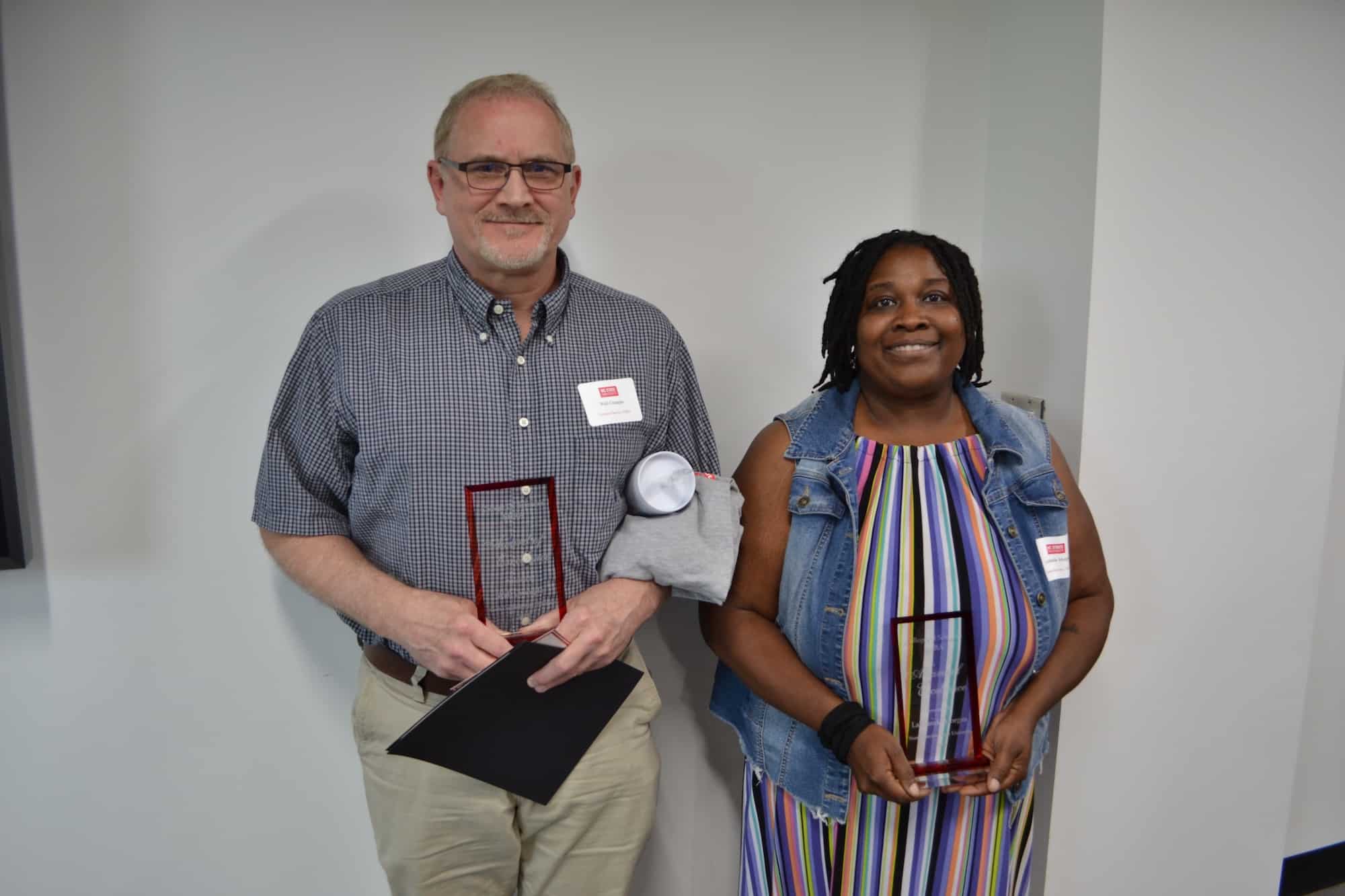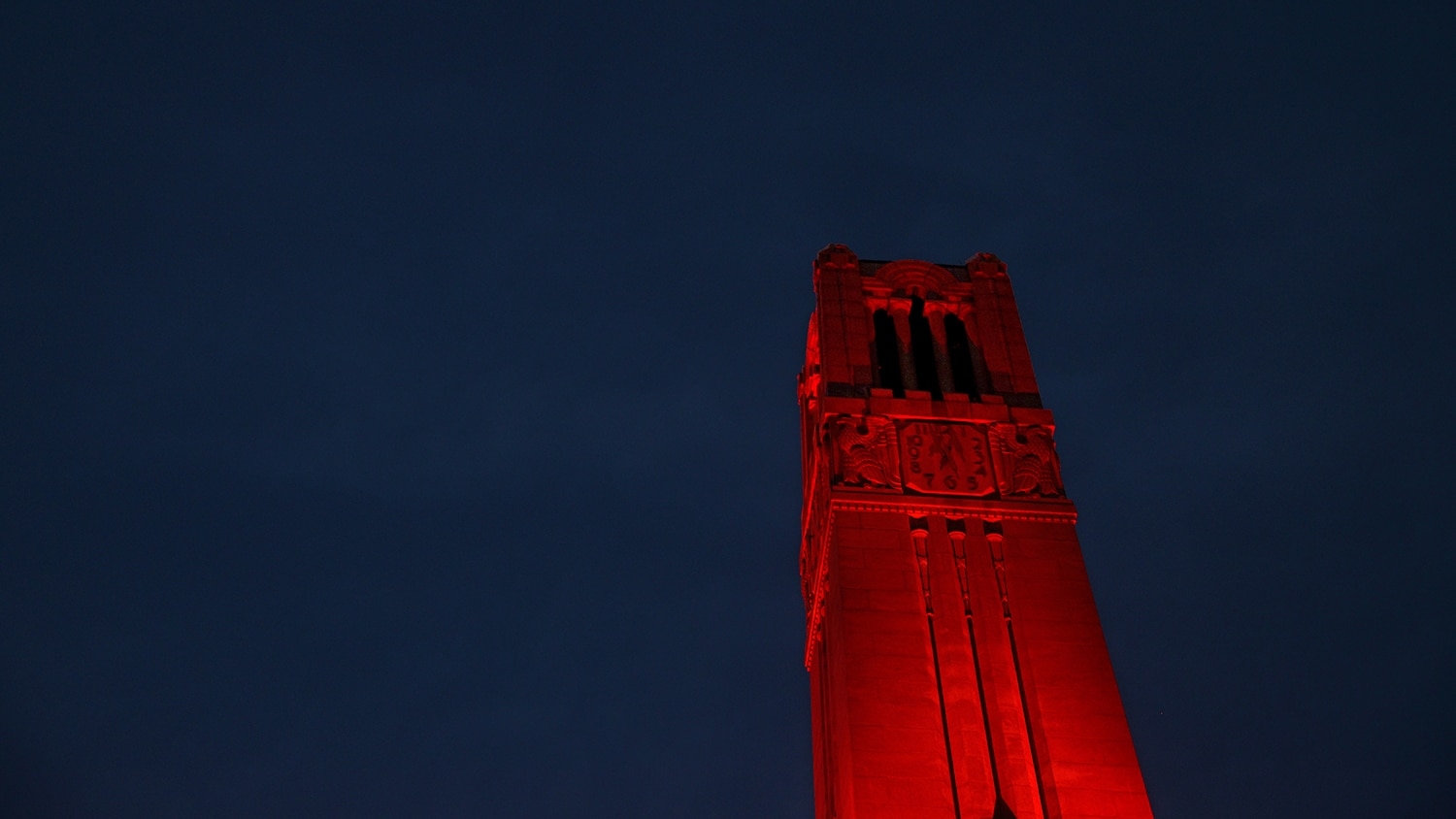NC State Awarded $2.8 Million for Carbon Materials Research
Physicist Harald Ade is the lead researcher on the grant.
An NC State physicist is leading one of six grants recently awarded by the University of North Carolina General Administration to support game-changing faculty research in areas of strategic importance to the state.
The NC State-led project, helmed by Dr. Harald Ade, Distinguished Professor of Physics, and involving researchers from North Carolina Central University and UNC-Chapel Hill, is called the “NC Carbon Materials Initiative” and includes materials design, processing and manufacturing for defense and energy needs. The $2.8 million awarded to Ade and his team was the largest of the six UNC Research Opportunities Initiative (ROI) awards announced by the system earlier this week.
From the system’s announcement of the three-year grant:
“Carbon electronics may offer new opportunities to address energy, defense, and manufacturing challenges. Traditional silicon-based materials are rapidly approaching their fundamental limits in terms of miniaturization and capacity. The work of Professor Ade and his colleagues will focus on carbon materials characterization and manufacturing. Investigators envision fundamental science advances that will open the door to revolutionary computing approaches, truly renewable energy sources, and self-sustaining systems such as self-powered greenhouses and integrated solar cell/algae growth ponds.”
The ROI awards seek to advance collaborative research projects that range from developing new carbon electronics to supporting big-data science analytics to engineering new drug-delivery technologies to speeding the large-scale manufacturing of vaccines against deadly viruses such as Ebola. The initiative is funded by a recurring $3-million annual appropriation from the 2014 General Assembly, representing North Carolina’s first financial investment in the UNC system’s five-year strategic plan.
Ade has received international attention for his interdisciplinary work understanding the physics of organic solar cells and light emitting diodes, creating novel devices, and inventing and using new characterization methods with an emphasis on applications to organic devices. He is a Fellow of the American Physical Society and the American Association for the Advancement of Science. His many awards include the David A. Shirley Award for Outstanding Scientific Achievement at the Advanced Light Source facility at Lawrence Berkeley National Laboratory. He joined the NC State faculty in 1992.
- Categories:



